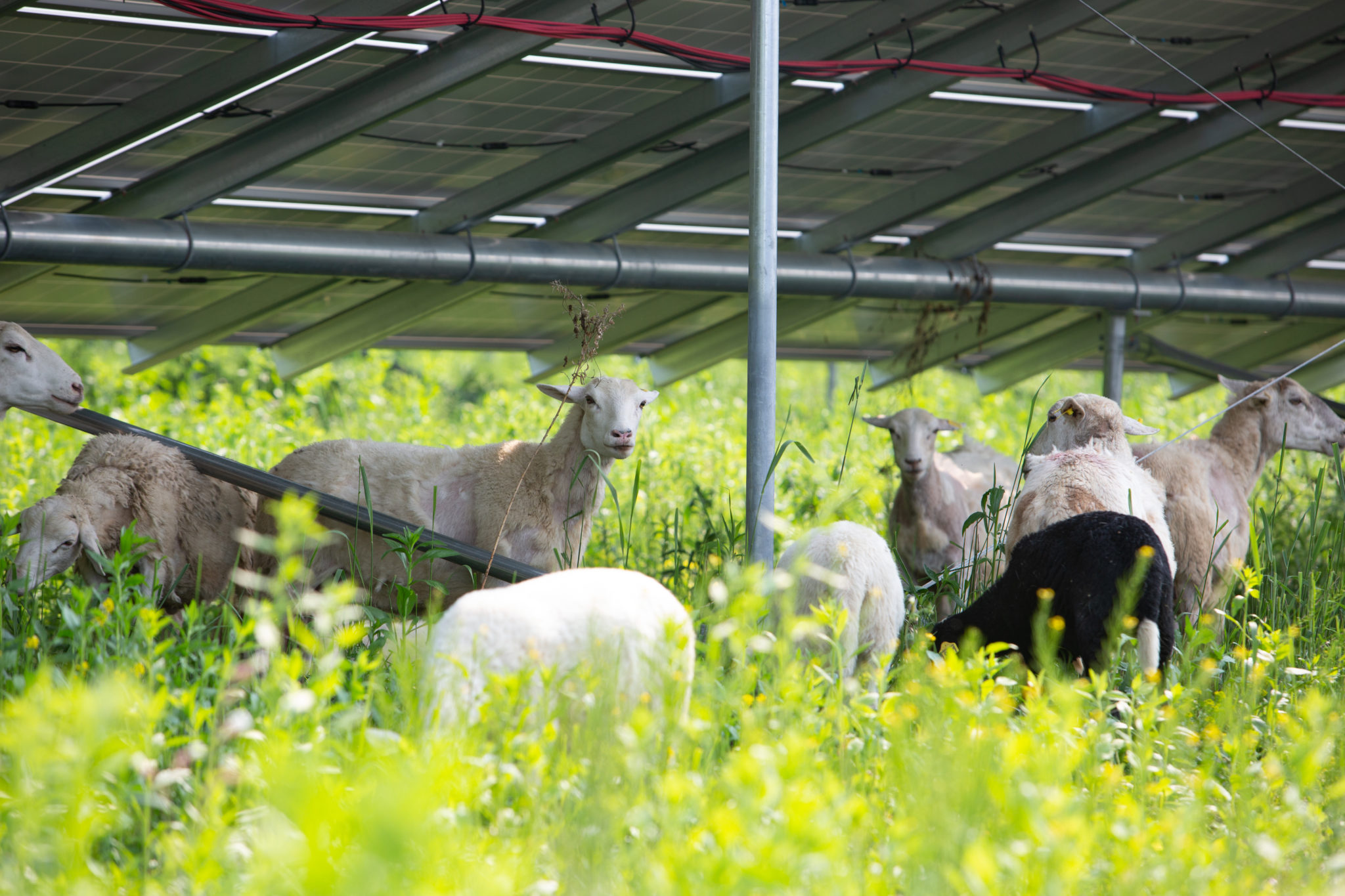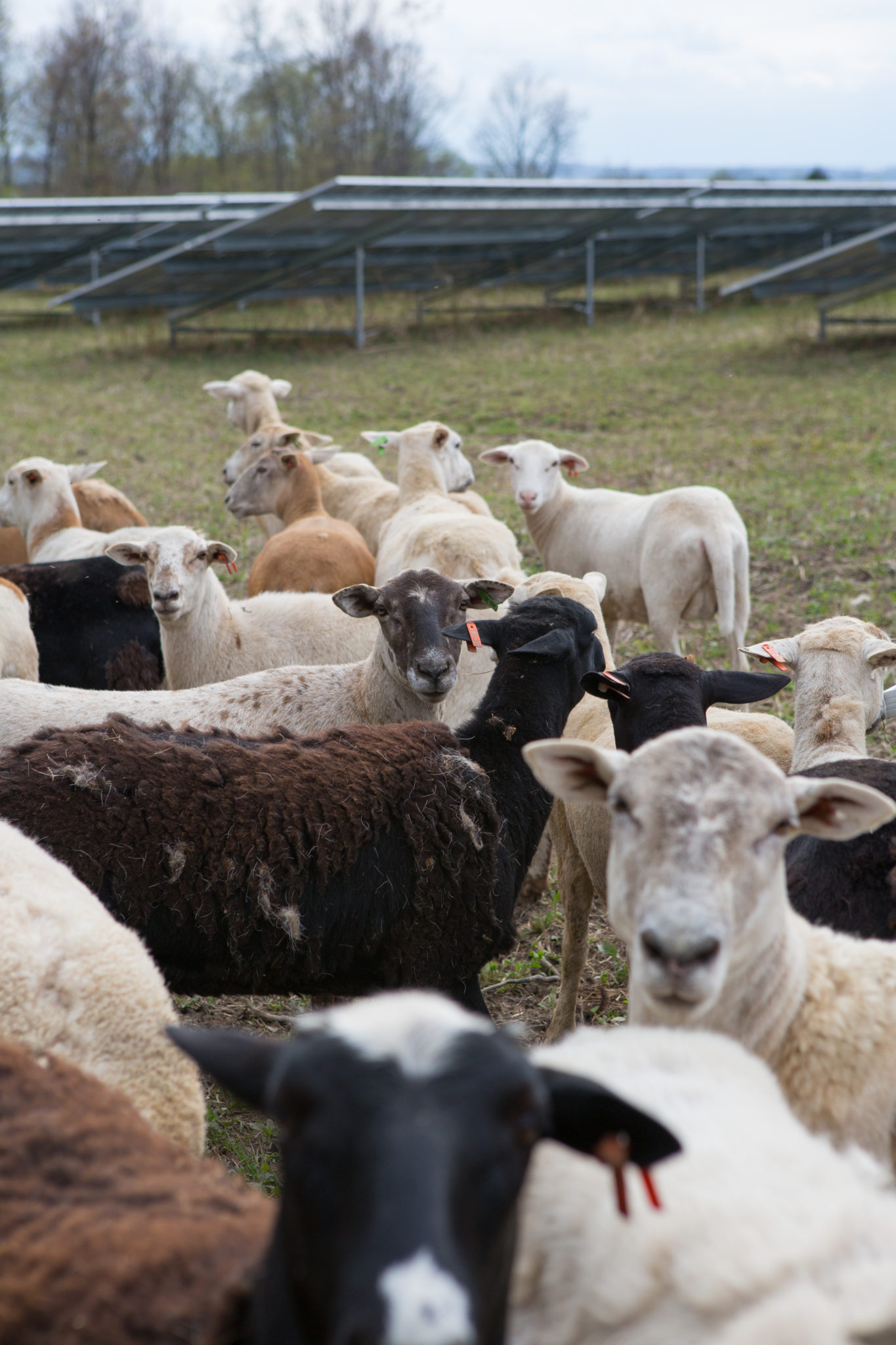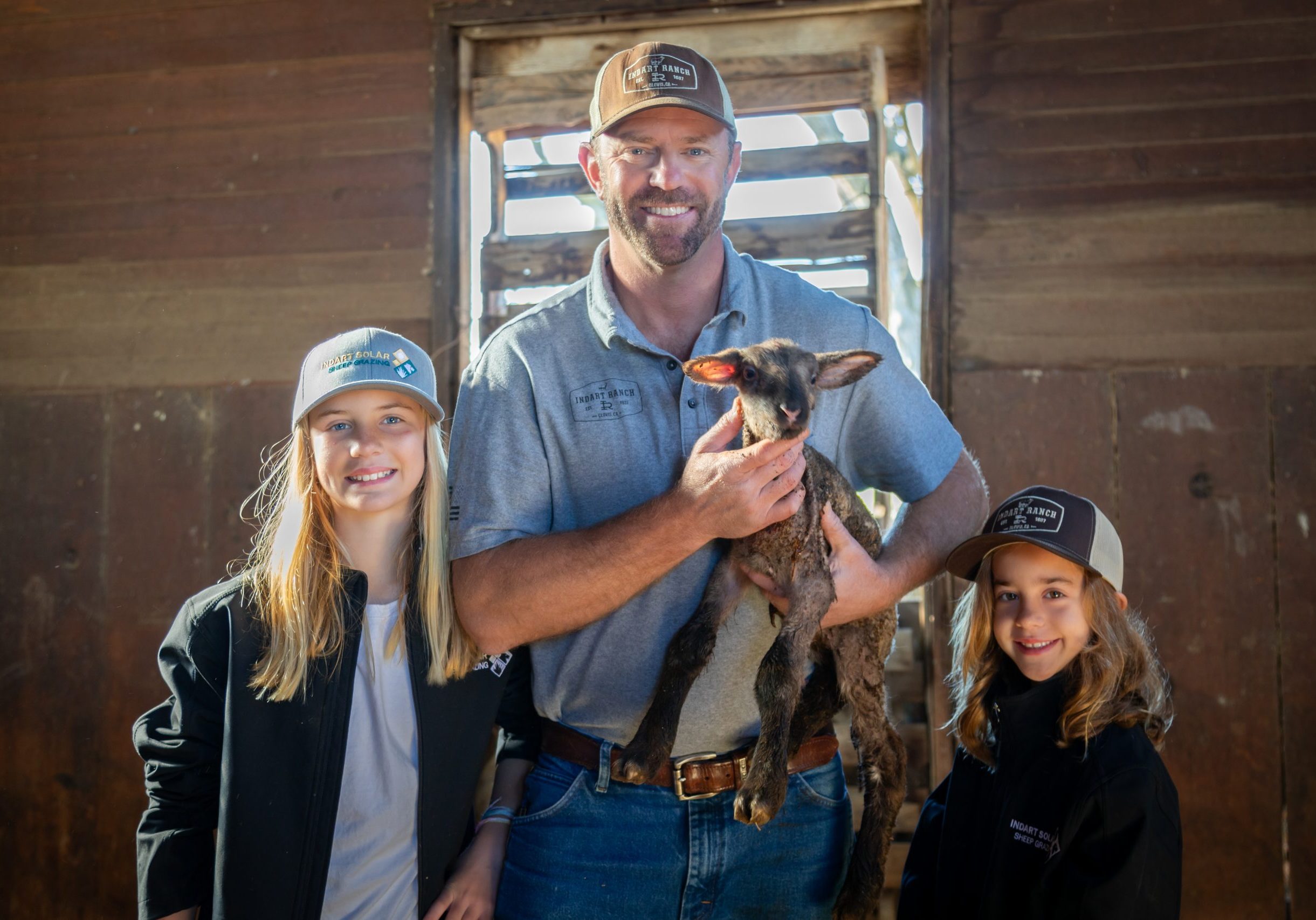Recommendations
For Farmers
Solar owners pay farmers to graze solar sites.
Make sure your grazing contract allows you flexibility in season and stocking density. Sheep and poultry work best- other species are not recommended.
If you are the landowner entering a solar lease, find an attorney who can add a section that offers you right of first refusal for vegetation maintenance on the lease. Then you are in a stronger position to graze your own land. Remember, we are not attorneys so get your own before you sign a solar lease.
See our Solar Grazing Contract section
See the EIA's energy mapping for your area to find constructed solar arrays.
See US Dept of Energy's Farmer's Guide to Going Solar.
See Cornell Cooperative Extension's Guide to Solar Leasing.
Read and consider the Shepherd Considerations checklist created in Vermont, p.2.
Making Connections
- North Carolina Farmers, visit Solar site matching, to get on a solar site!
- Webinar on Solar Grazing
- Join our monthly calls. Please sign up and look for an email. Calls are the first Wednesday of the month, 6 PM EST.
For Solar Developers
Incent your graziers for performance. Longer-term contracts encourage investment and best practices by farmers. Make it easy to continue farming - provide good fences, gates, seed mixes, and access to power and water. Thoughtful design with grazing in mind leads to better land management at lower cost.
We recommend the US DOE's Farmer's Guide to Going Solar.
We suggest you consider the checklist in Vermont's Solar Grazing Checklist for Shepherds and Solar Site Managers
For Policy Makers
Encourage co-location of agriculture and solar to support farmers and clean energy goals simultaneously.
Develop zoning and tax policies that incentivize solar grazing.
We strongly recommend incentives that are long term and support ongoing farming through co-location with solar grazing at the site.
For Researchers
Help research best practices to develop the state of knowledge.
Our friends at Cornell, NC State, Oregon State and Lancaster University-UK are working on a number of research efforts, involving comparative inputs between management practices, hydrology, and agronomic practices.
See our research tab to capture a few of the highlights.





